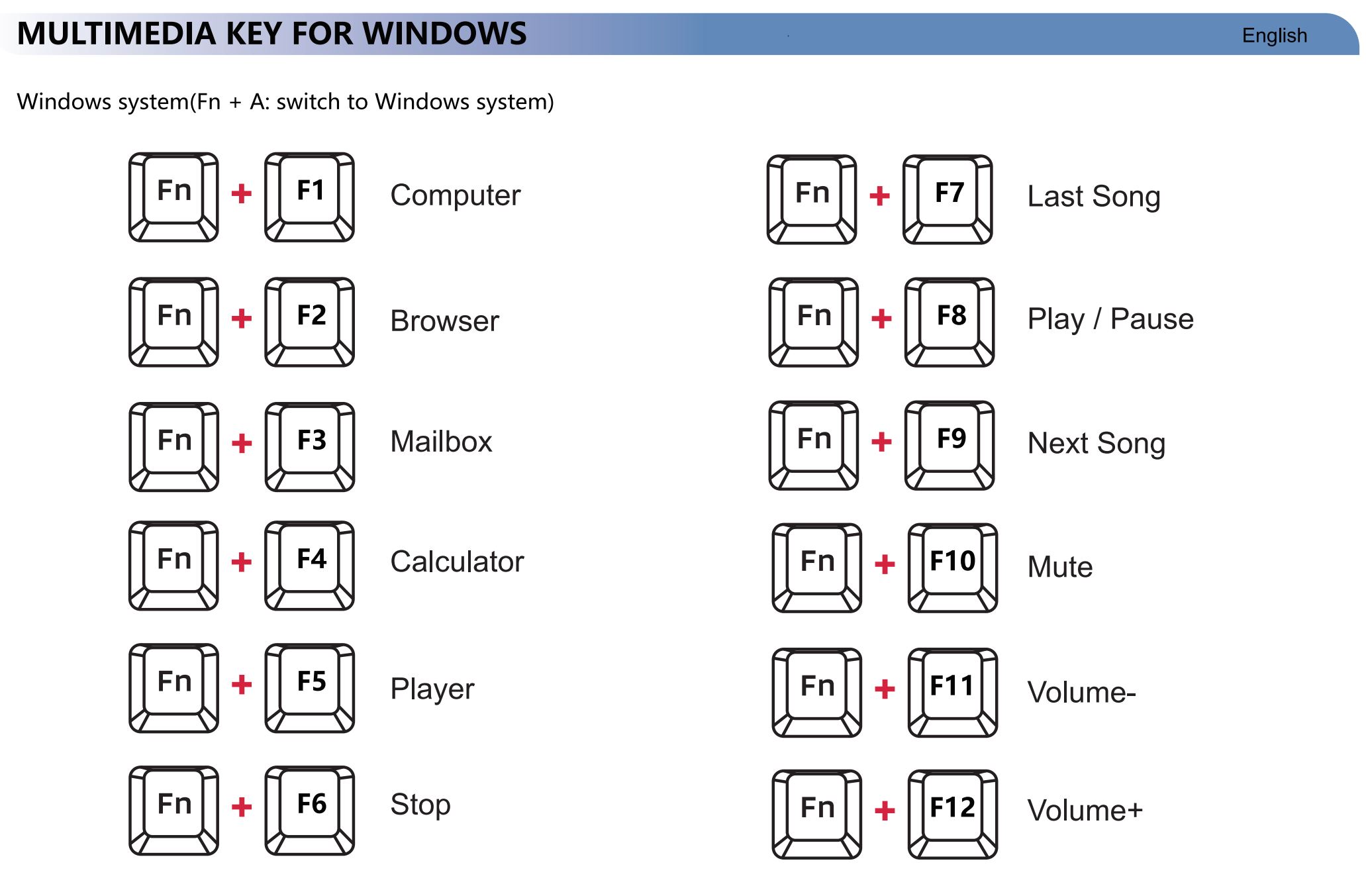

In the previous year, businesses have begun to advocate for a new approach to using browsers alongside agentic AI. My journey with this concept commenced last year when executives from Opera indicated that the browsing experience would soon evolve. Just a few months thereafter, the company showcased its Operator technology, enabling the Opera browser to carry out tasks for users, such as purchasing flowers.
Although the Operator is now recognized as Opera Neon, it is merely one among many novel AI browsers accessible to users. Over the past few months, several other companies have introduced their interpretations of agentic browsers, including The Browser Company’s Dia, Perplexity’s Comet, Arc, and now OpenAI’s ChatGPT Atlas. The commonality among these browsers lies in their utilization of multiple LLMs to execute various tasks. Consequently, they all vow to enhance your online browsing experience, allowing you to concentrate on what is most important. However, my encounters have been anything but satisfactory thus far.
AI browsers are insufficient
Just a few years back, I discussed how I abandoned Safari in favor of Microsoft Edge, which proved to be more dependable, quicker, and ideally suited for my requirements. Shortly thereafter, I switched to Opera One, followed by experiments with Opera Air, Opera Neon, Dia, and other agentic browsers. By the end of a workday, four to five different browsers would be up on my desktop, as each could achieve only a limited amount individually. This realization led me to conclude that I could use a single, traditional browser instead of one centered on AI, since I remain more adept than AI at locating what I require.
While scrolling through social media, I noticed that numerous other users were experiencing similar sentiments—they wished to experiment with the new AI browsers, but after some time spent with them, they would simply revert to their previous browser. Those browsers still meet the needs of most users, and their passwords, browsing history, bookmarks, and other settings are already organized in a manner they prefer.
AI remains unreliable
In theory, the idea of having an agentic browser performing tasks on your behalf is exceptionally thrilling. Picture if it could actually outline the advantages of different products and procure precisely what you need with minimal effort and browsing on your end. As I mentioned earlier, Opera has been attempting this for at least a few months, but the reality is rather different.
A few days ago, I was in search of a new watch. Nothing overly extravagant, yet I desired the AI to sift through various links and recommend something that would align with my tastes. After providing images of some of my watches and the styles I favor, it merely returned a series of random suggestions that were far from what I was looking for, or even worse: exceeded my budget.
While I believe AI can assist in enhancing my browsing experience and at times serve a useful function, we have yet to reach a point where an agentic experience is swifter than executing the task ourselves. When we possess an AI capable of tracking flights and selecting the one we’ve been anticipating at a favorable price, then I might consider transitioning to an AI browser. For the moment, I prefer to rely on a more dependable (and private) experience.